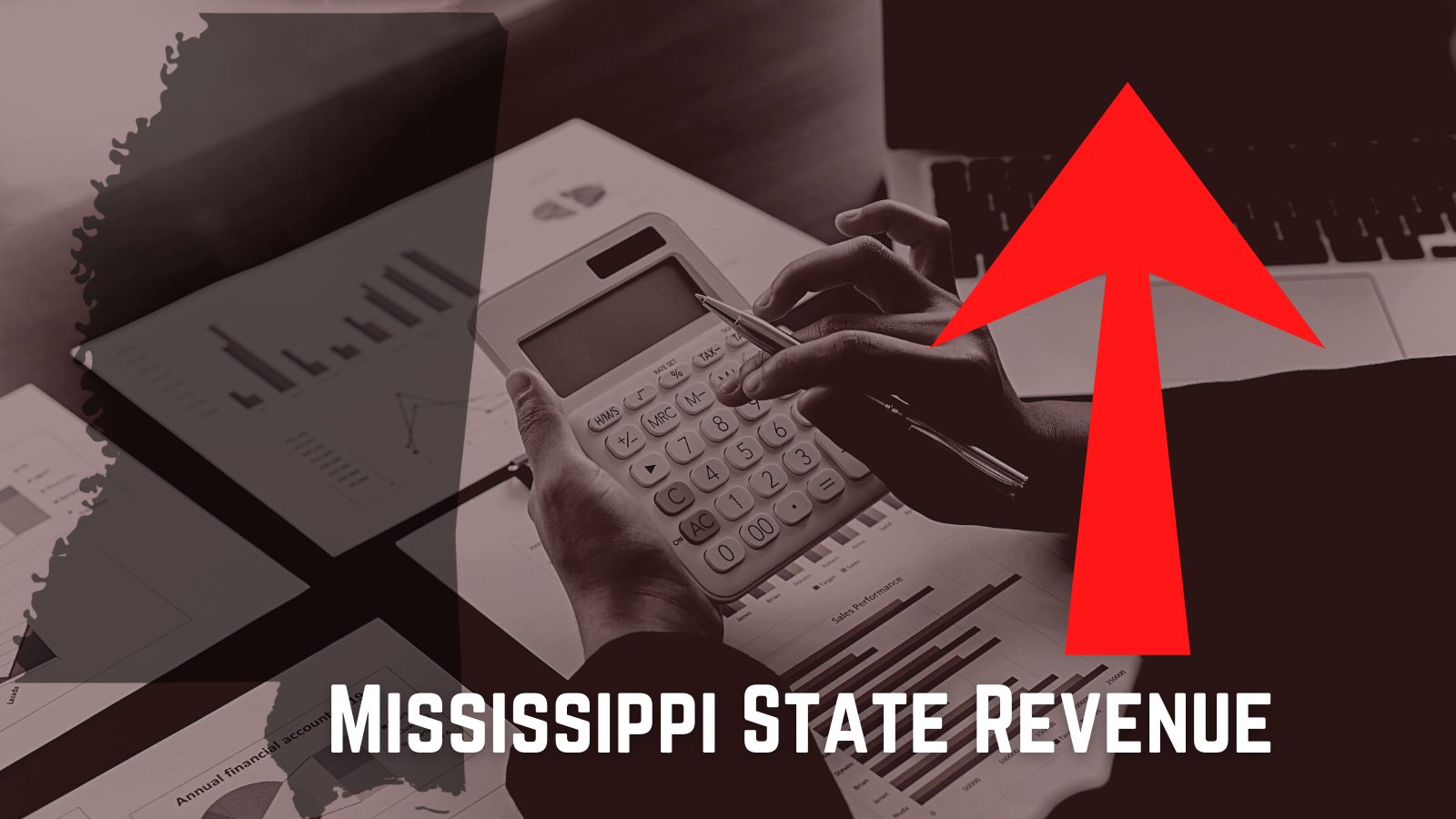
Every local school district, city, and county HR department now on notice as it relates to restricting employee speech in and out of the workplace and on social media.
A case out of Jackson could force local school districts, municipalities, and county governments in Mississippi to rethink their policies related to restricting employee speech whether in the workplace, on social media, and when talking with the news media.
Jackson Federation of Teachers, a union of educators affiliated with the American Federation of Teachers and working in Jackson Public Schools (JPS), filed a lawsuit challenging JPS, saying the school district was violating the constitutional rights of its employees by restricting “the speech of its employees through a web of formal and informal policies, guidance documents, trainings and instructions.”
Former Mississippi Supreme Court Justice Jess Dickinson was appointed by the state Supreme Court to hear the Hinds County case. Judge Dickinson issued his ruling in the case on Tuesday, ordering Jackson Public Schools to stop enforcing certain policies that restrict employee free speech, finding in favor of the teachers’ union. He noted that the policies were “unconstitutionally vague and overbroad.”
“Free speech is an important public interest. As one court explained, ‘free speech rights are included among those recognized as important rights affecting the public interest.’ Moreover, in addition to its general interest in free speech, the public also has a specific interest in public education. As such, the public interest in free speech around public education issues is substantial,” Dickinson wrote.
One of the policies Dickinson permanently enjoined JPS from enforcing dealt with staff ethics, which read:
Directing any criticism of other staff members or of any department of the school system toward the improvement of the school system [to anyone other than] the particular school administrator who has the administrative responsibility for improving the situation and then to the superintendent, if necessary.
This policy and those related to it, Dickinson wrote, would prevent teachers and other JPS staff from expressing negative (as opposed to positive) commentary and views to parents, the news media, legislators, and other interested persons.
“This places off-limits all views of such public-interest information as unsafe or unsanitary
school facilities, inappropriate content being taught in the classrooms, and misuse of public property by staff, teachers and/or administrators,” the Judge notes, adding, “The court also finds the policy to be unconstitutionally vague in stating that it is ‘the obligation of all employees of the school district’ not to ‘divulge information’ when ‘that revelation is not in the best interest of the district.'”
As Dickinson eloquently wrote, “Viewpoint discrimination is particularly anathema to free speech principles, even where speech is unprotected, such as ‘fighting words.'”
The JPS policy noted that disciplinary could be taken against employees violating this policy, including termination or revocation of certification. Judge Dickinson ruled that JPS could not uphold those threats.
“Applying the applicable standard, the policies at issue here are not narrowly tailored to serve a compelling government interest, and as such are unconstitutional as a restriction on the protected speech of licensed professionals,” Dickinson wrote.
Dickinson also prohibited JPS from enforcing its employee policies related to use of social networking websites, which stated, in part:
All employees, faculty and staff of this school district who participate in social networking websites shall not post any data, documents, photos or inappropriate information on any website or application that might result in a disruption of classroom activity. This determination will be made by the Superintendent… Violation of any of these policies may result in disciplinary action, up to and including termination. Do not share confidential information whether it is internal school discussions or specific information about students or other staff… Do not write about colleagues or students without their expressed permission.
In addition, Judge Dickinson permanently enjoined JPS from “instructing, training, or otherwise informing employees that they are not permitted to contact the media, the public, parents, law enforcement, or anyone else about information concerning, or issues arising in, the schools, provided that nothing in this order shall prohibit JPS from enacting policies and/or taking such actions as are necessary to comply with all local, state, and/or federal laws including, but are not limited to, the Federal Educational Rights and Privacy Act of 1974, and as are necessary for JPS to maintain its attorney-client privilege.”
In perhaps the best summation of his thoughts and ruling on this matter, Judge Dickinson wrote:
“By silencing its teachers, staff, employees, and their organizational advocate, JPS deprives its students, their parents, and other interested parties such as legislators and taxpayers, of important information necessary to fully understand and take part in their public education system, and meaningfully call for its improvement where and when needed.”
You can read the full ruling by Judge Dickinson the Jackson Federation of Teachers v. Jackson Public School District below.
JFT v JPS – Free Speech by yallpolitics on Scribd











